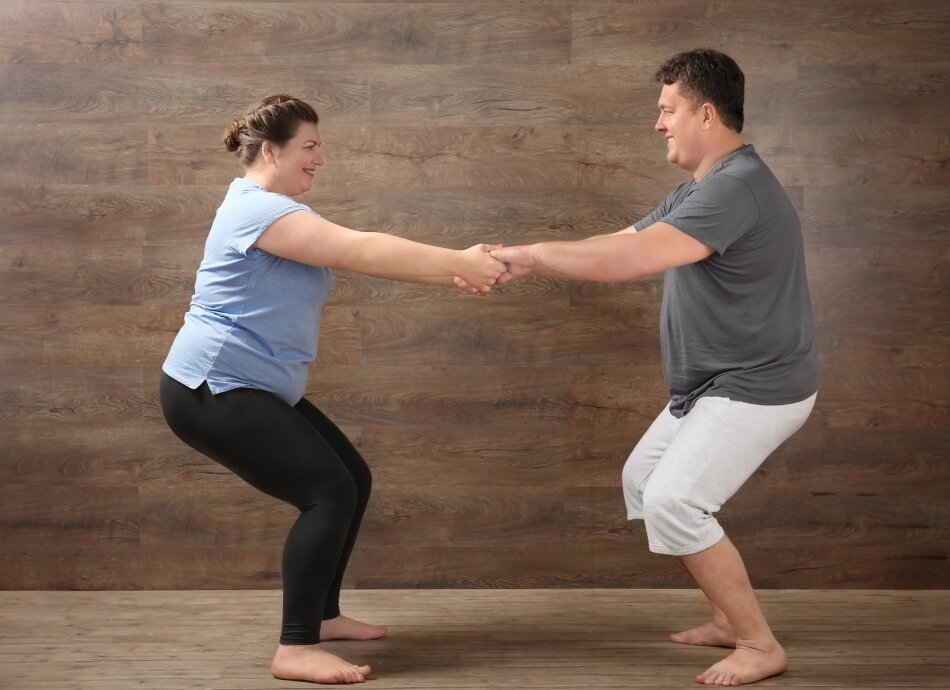A healthy body size is different for everyone. Your healthcare provider may use your body mass index (BMI), which uses body weight and height, along with other measures (eg, the size of your waist circumference) to work out whether you're in the healthy weight range for your gender, height and ethnicity. It's important to note, BMI isn't a perfect measure of a healthy weight as it doesn't account for lean muscle mass. Body composition (the amount of muscle and fat you have) and where the fat is on your body can be more important in determining health.
The size of your waist is an indicator of risk for certain health conditions.
- A waist circumference of more than 80 cm in women and more than 94 cm in men is associated with an increased risk of type 2 diabetes, hypertension (high blood pressure) and cardiovascular disease.
- A waist circumference of more than 88 cm in women and more than 102 cm in men greatly increases this risk.
Many people feel uncomfortable being weighed. When you see your General Practitioner (GP), specialist or other healthcare provider, it's okay to say no to being weighed. If your healthcare provider insists, ask them if it's medically relevant. Sometimes they need to know your weight to help manage a medical condition or to work out how much medicine you need. You can ask to not know what your weight is.







